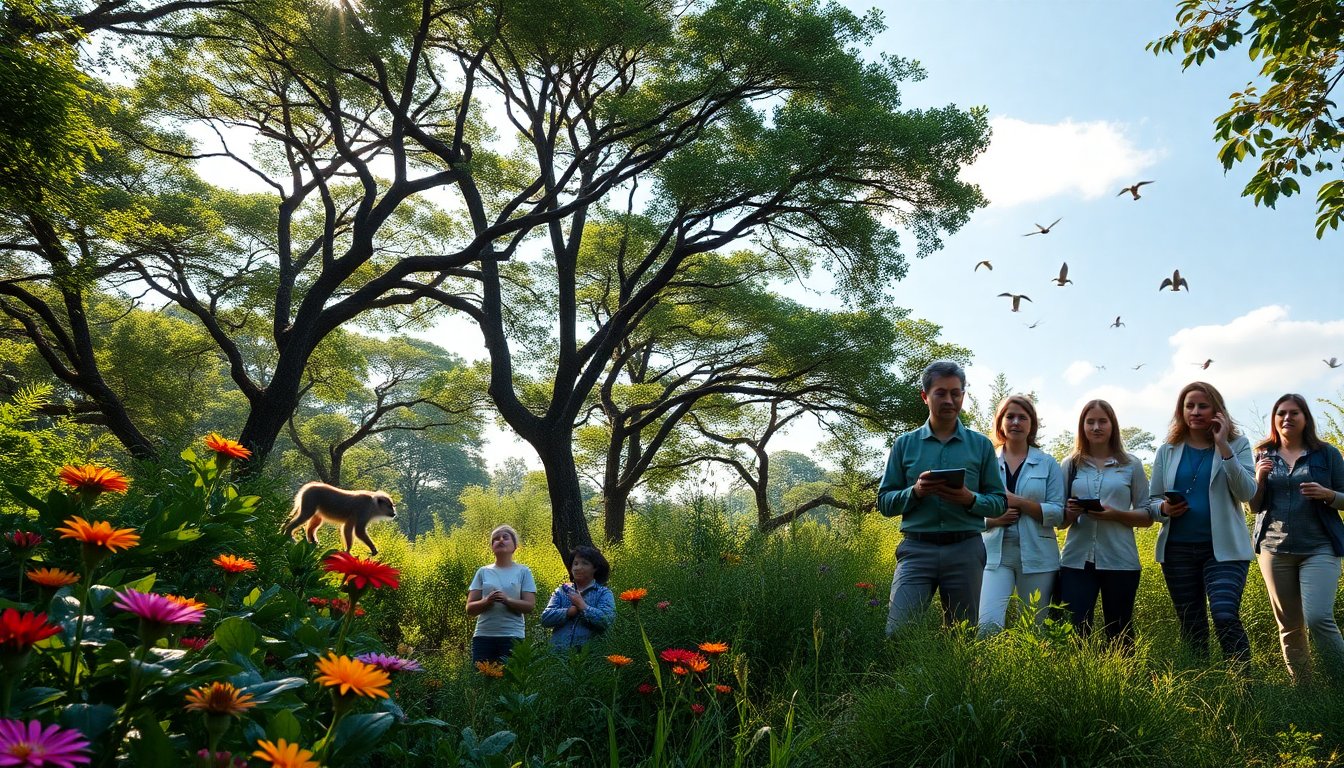Table of Contents
Jane Goodall, the iconic ethologist and renowned advocate for wildlife, passed away at the age of 91, leaving behind a legacy that has inspired countless individuals in conservation. Her influence resonated deeply among conservationists and researchers in Hong Kong, where she is remembered as a beacon of hope for environmental efforts. Goodall’s dedication to understanding and protecting biodiversity serves as a guiding light, encouraging many to engage in ecological activism.
Goodall is celebrated primarily for her groundbreaking research on chimpanzee behavior in Tanzania, which revolutionized the way humans view primates and their habitats. Throughout her life, she passionately championed environmental protection, advocating for sustainable practices and education. Her passing leaves a significant void, but her teachings and insights continue to resonate.
Goodall’s enduring influence on Hong Kong conservationists
Samuel Hung Ka-yiu, a prominent dolphin conservationist, reflects on his experiences with Goodall, stating that her optimistic outlook was contagious even in the face of challenges. He shared, “Our work in conservation often leads to feelings of frustration and despair, but Jane always reminded us that there are many reasons to remain hopeful.” This perspective, shared by many of her followers, underscores how Goodall’s vision invigorated those working in the often-daunting field of environmental protection.
Her visits to Hong Kong
Throughout her lifetime, Goodall made several trips to Hong Kong, engaging with students and the public through lectures and discussions. Her most recent visit occurred in November, during which she addressed a gathering of local business leaders. In her address, she emphasized the urgent need for corporate involvement in driving conservation and sustainability initiatives. This call to action resonated with many, highlighting the role that various sectors can play in preserving biodiversity.
Hung, who met Goodall in 2001 and later became the director of the Hong Kong chapter of the Jane Goodall Institute, expressed that her visits always sparked enthusiasm within the community. “She had a way of connecting with people, inspiring them to take action for our environment,” he noted. This ability to engage and inspire remains one of her most enduring legacies.
A legacy of hope and action
Goodall’s life was marked by an unwavering commitment to the well-being of our planet and its inhabitants. She believed that understanding the behavior and needs of wildlife was crucial to fostering a harmonious relationship between humans and nature. Her work not only brought attention to the plight of primates but also emphasized the interconnectedness of all life forms.
Advocacy for biodiversity
In her advocacy, Goodall often stressed the importance of protecting ecosystems and the species that inhabit them. She argued that every creature, no matter how small, plays a vital role in the health of our environment. The idea of interconnectedness is central to her philosophy, reminding us that our actions have far-reaching consequences.
Through her tireless efforts, Goodall inspired many to join the fight for conservation. Her ability to articulate the urgency of environmental issues and the need for sustainable practices mobilized individuals and organizations alike. This collective action is critical in the ongoing battle against biodiversity loss and climate change.
Continuing the journey forward
As the conservation community mourns the loss of Jane Goodall, her legacy inspires a renewed commitment to action. The lessons she imparted and the hope she instilled in others serve as a reminder that each of us has a role to play in protecting our planet. The work of conservationists like Samuel Hung continues to embody her spirit, demonstrating that hope can indeed flourish even in challenging times.
In an era where environmental degradation poses significant threats, Goodall’s message remains relevant. Her belief in the power of individuals to effect change encourages all of us to take a stand, advocate for wildlife, and foster a sustainable future.


